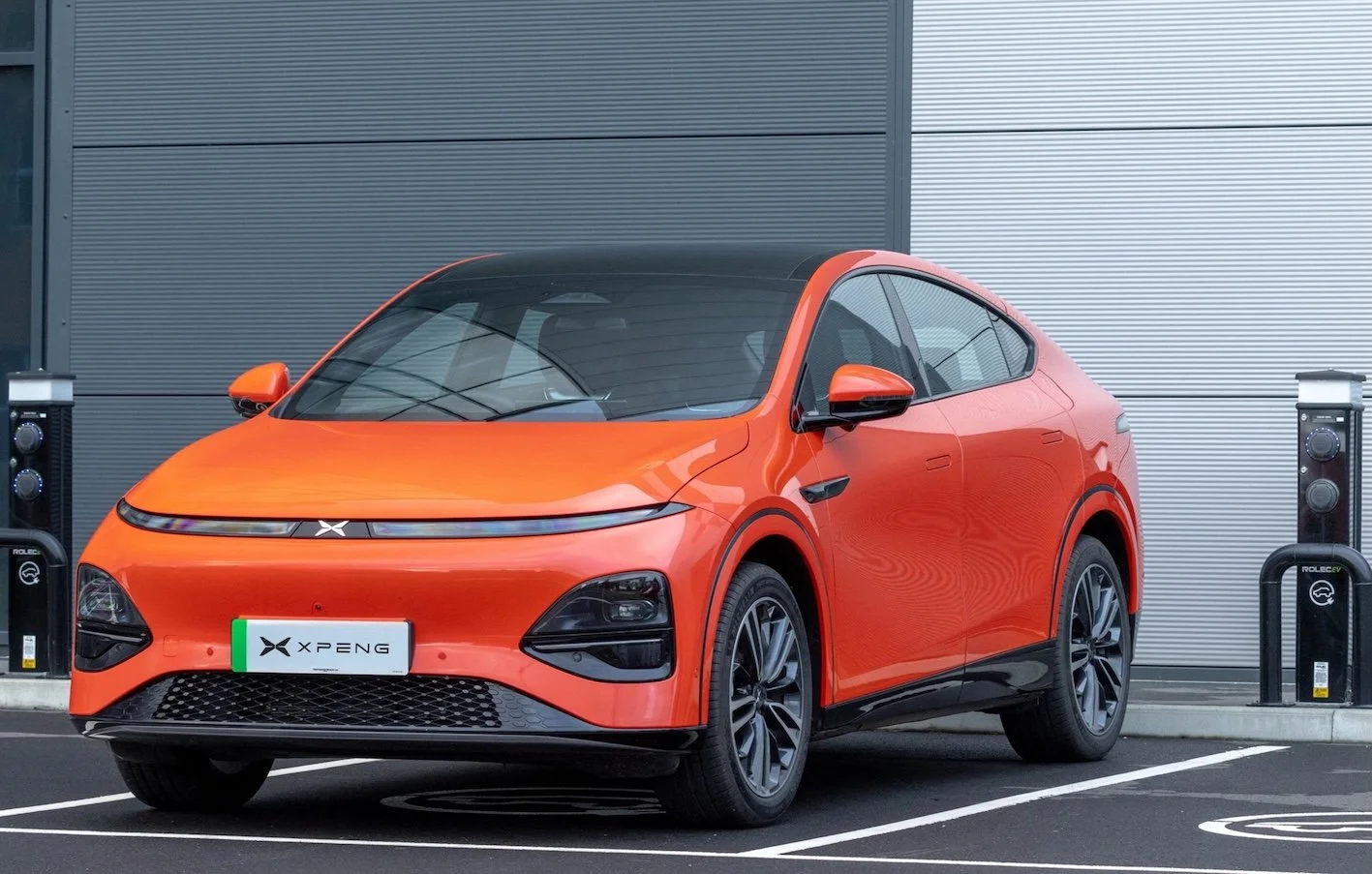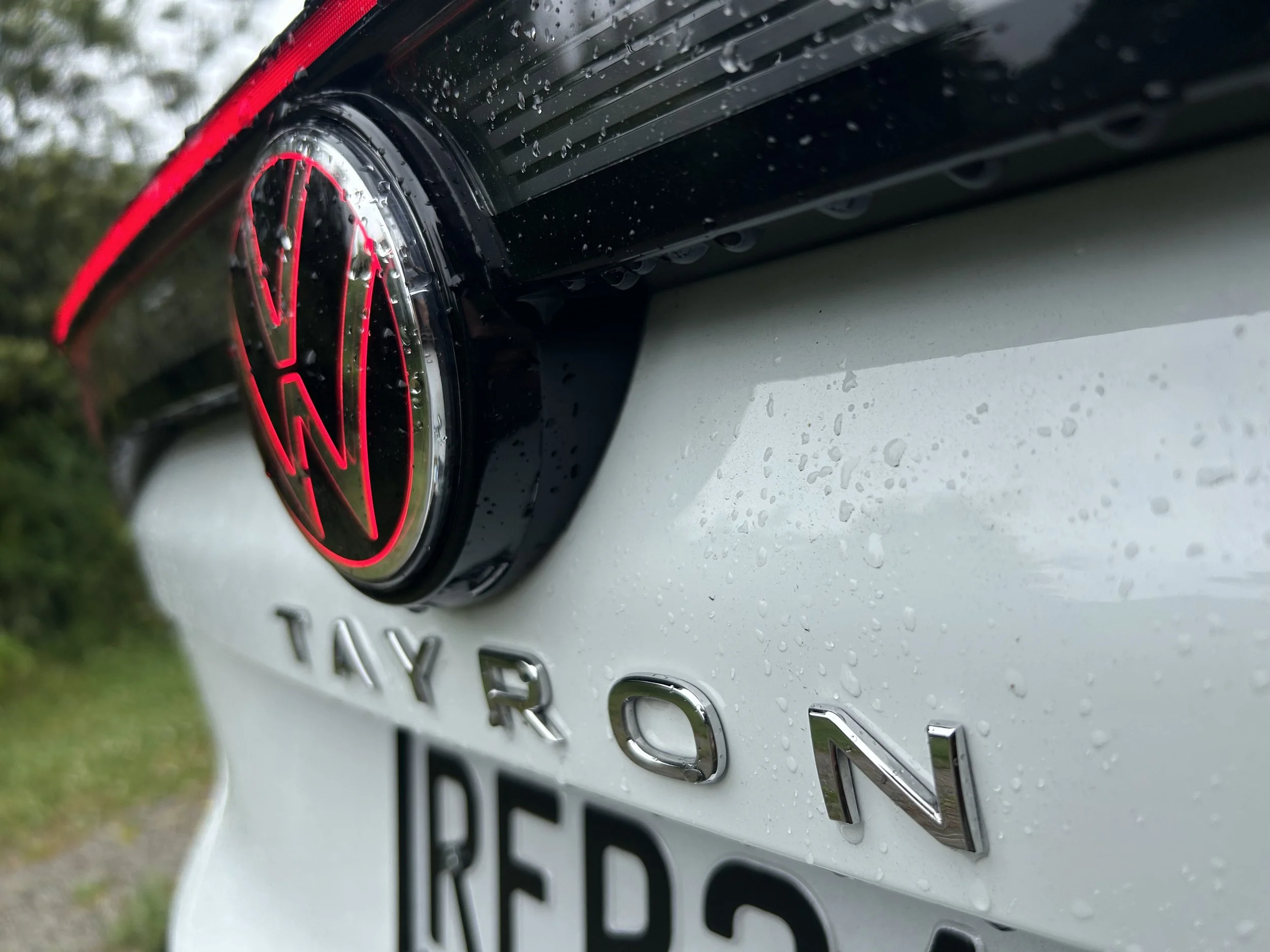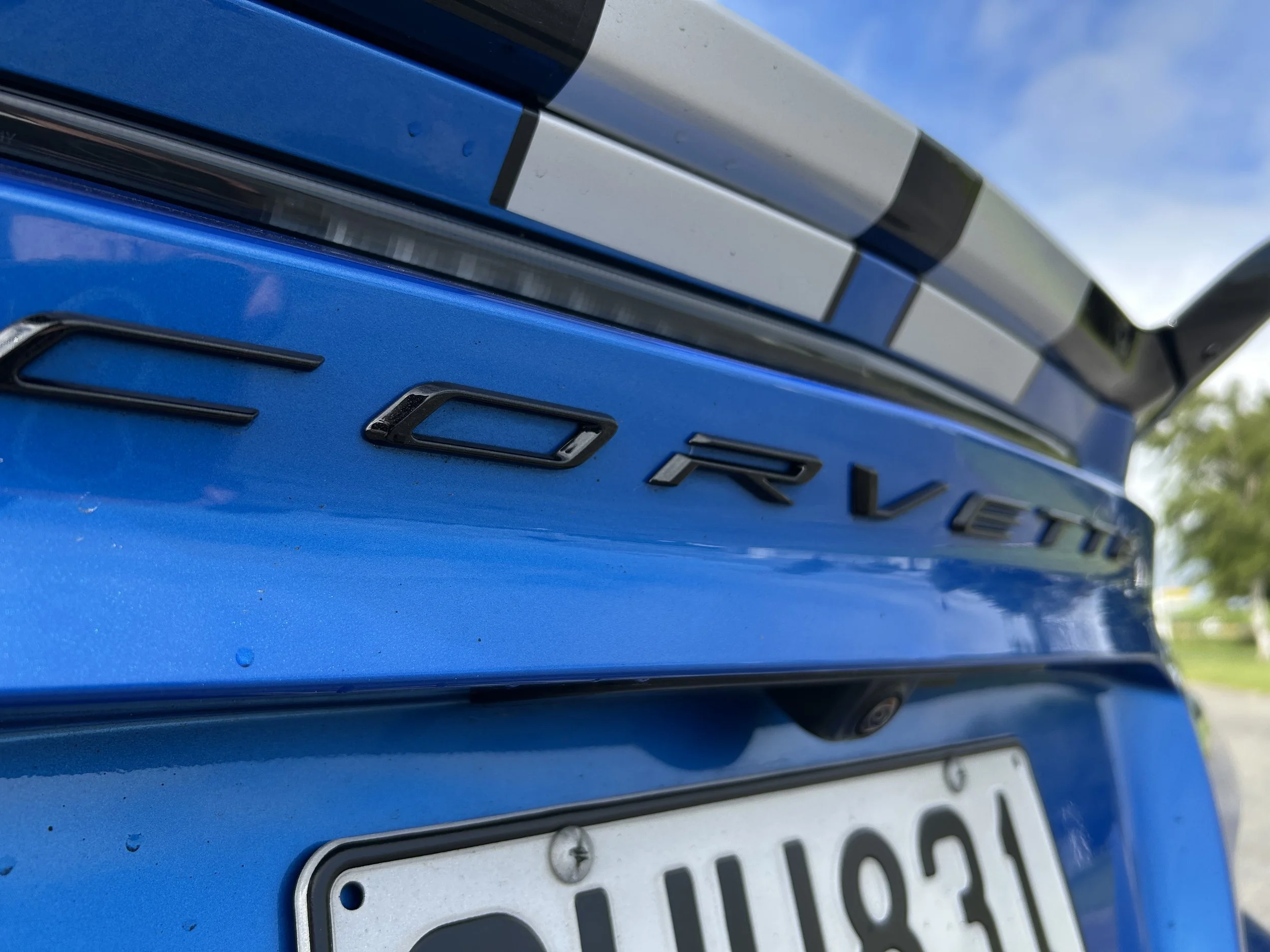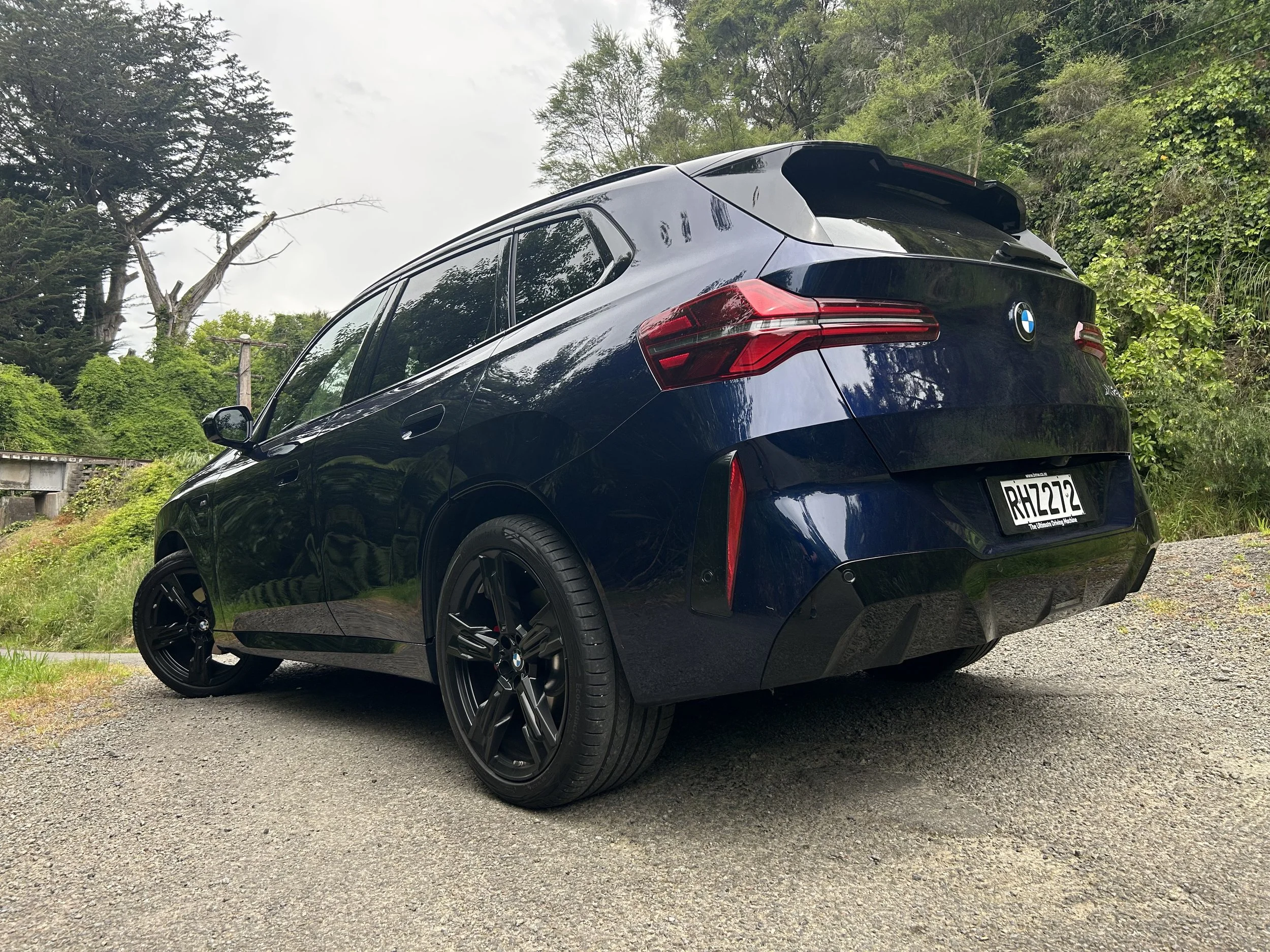Toyota welcomes ute tax delay
/Government revises emissions levy introduction date to April 1, 2022
DETERMINATION by Government to delay the ‘ute tax’ until April 1 as a result of the coronavirus delta strain outbreak has been welcomed by the new car sector’s dominant performer.
Toyota New Zealand says the determination to change the start date for imposition of emissions levies from January 1 to April 1, a four month pushback, provides it more time to balance import schedules and meet the expected high demand for hybrid and battery electric vehicles.
The penalty under the Clean Car Discount Package will make the likes of Toyota’s own Hilux plus its primary competitor, Ford’s Ranger, and others $3000 to more than $5000 more expensive to register on Kiwi roads.
TNZ chief executive Neeraj Lala (above) said while the announced delay to the rebate and fee scheme will be disruptive to the business, it would also mitigate some of the supply chain pressure caused by the impact of the pandemic on Toyota’s automotive production facilities.
“We are experiencing significant delivery delays due to COVID’s impact on production, so this delay gives us a chance to catch up. As ever, our customer relations are incredibly important to us so we will be contacting customers who are waiting for a new vehicle and will work with them on the implications of the change to the rebate and fee start date.”
Lala said the delay in the Bill also provides more time for his make and the industry to continue discussions with the Government.
Last week the industry’s organ, the Motor Industry Association, said it had pulled out of supporting the legislation, due to concern about surprise amendments announced on the eve of the Bill’s first reading. The changes are still reliant on the legislation being passed.
“At a high level we seek to understand the purpose of the Bill and to achieve a realistic transition to low and zero emitting transport against a timeline that is commensurate with global production and supply plans,” Lala said today.
“Equally we must ensure a just transition that provides equitable access to mobility for all. It’s critical everyday New Zealanders can access reliable, affordable, and safe vehicles for the betterment of society.”
“Our long-term goal is the decarbonisation of the transport sector,” he says. “The Clean Vehicle Bill, in its current state, does set some steep hurdles for the industry.
“We empathise with the Government and its decision to delay the Bill. There is a fine balance between encouraging low carbon-emitting vehicle purchases and accepting the realities of the current global supply chain issues. However, allowing more time for a transition to rebalance our portfolios is critical and it creates a level playing field for all vehicle importers.”
Lala says the transformation from a petrol and diesel dominated private transport market to a low- to zero-emissions scenario must be seen as a journey with many diverse elements contributing to the end goal.
“It is going to take a combination of highly-efficient petrol, diesel, hybrids, battery electric and even hydrogen engines for New Zealand’s fleet to achieve our low carbon targets,” he says.
Transport Minister Michael Wood still sees it a bit differently – today he was reported as saying the delay will help give the industry more time to adapt. The changes are still reliant on legislation being passed.
Government says current rebates on electric cars and plug-in hybrid vehicles will continue until March 31. However, the delay also means the rebates ooming for mild hybrid vehicles will also likely not now implement until April 1.
The Land Transport (Clean Vehicles) Amendment Bill is aimed at helping drive down transport emissions by discouraging the registration of new or freshly-imported high-emitting vehicles and encouraging the purchase of electric and plug-in hybrid alternatives.
Wood believes NZ has to act swiftly as countries and car manufacturers around the world are shifting to cleaner cars, and tardiness here would leave NZ open to becoming a dumping ground for the world’s new dirtiest vehicles.
Ironically, of course, NZ already is a primary market for ex-overseas’ used product, which in the case of product sourced from Japan is on average seven years old before it arrives here, so unlikely to meet latest emissions standard.
Federated Farmers has previously objected to the additional fees for utes and other vehicles whose CO2 count exceeds 192 grams per kilometre, the point at which levies apply to cars and light commercials.


















